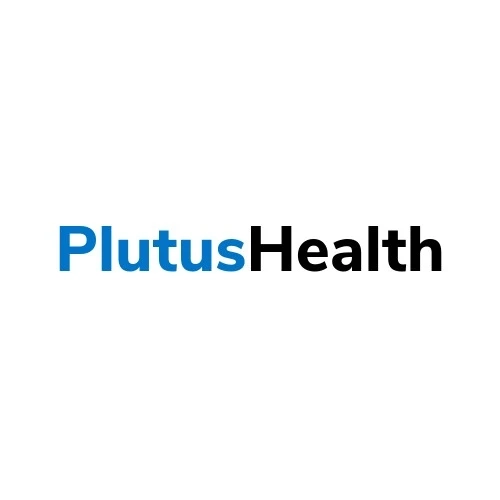An Ambulatory Surgical Center (ASC) must follow certain regulations and rules under Medicare and CMS to ensure reimbursement. As it provides various medical specialty services and procedures (i.e., colonoscopy, minor surgery, biopsy, ambulance services, and arthroscopy), services must be billed on the CMS 1500 claim form. That’s why the pay rates are widely different from that of hospitals, and that makes ASC medical billing more complicated and challenging, so it becomes prone to certain mistakes that could negatively impact the revenue cycle!
Knowing the ASC coding and billing mistakes can help you identify them as they occur, so you can take the right action and avoid further problems. Here are some of those mistakes:
Failure to acquire referral and prior authorization
Obtaining the right authorization and referral numbers when and as required per the policy must be part of streamlining the billing process. This way, the quality of the billing process is also enhanced.
Missing on benefit verification and insurance eligibility
Confusion and repetitive follow-ups post services are the result when you fail to verify insurance eligibility and benefits before the services are covered. These can cause delays in reimbursement because of incorrect or insufficient claim information.
Late submission of claims
ASC medical billing can be too complex that it causes delays in claim submission. That said; it is crucial to make sure that the files are properly prepared and submitted within the specified turnaround time. This can be achieved by streamlining the ASC coding and billing process, with help from an experienced and trained team to handle the claims.
Bypassing critical information
ASCs must understand coding specific guidelines, payer contract nuances, and abide by CMS contract rules and regulations to enhance their bottom line. They should also remain up-to-date with the payment methodology of managed care contracts to make sure a consistent process throughout the revenue cycle.
Absence of a good billing process
Not having a streamlined billing process could result in setbacks and further complications. The right process should be based on the best practices, guidelines, and protocols.
Ignoring Medicare’s payment guidelines
Medicare has specific guidelines for ASC medical billing. The ASC should not separate the HCPCS Level II codes or line item as separate bills for devices, services, drubs, DME, procedures, etc. The ASC will be paid for t hose, but it will be inclusive as a package in an allowed payment.
About the Author:
Thomas John leads a global team of 500 employees in 3 locations as the President & CEO of Plutus Health providing, RPA powered revenue cycle management services to healthcare organizations across 22 states. Plutus Health Inc. is a 15-year-old full-cycle RCM firm specializing in medical coding & billing, denial management, credentialing, prior authorizations, AR follow-up for both medical and behavioral health specialties. As the industry experts in revenue cycle management solutions, they\'ve created a unique process that combines machine learning and robotic process automation to address the clients\' most frustrating problems.



